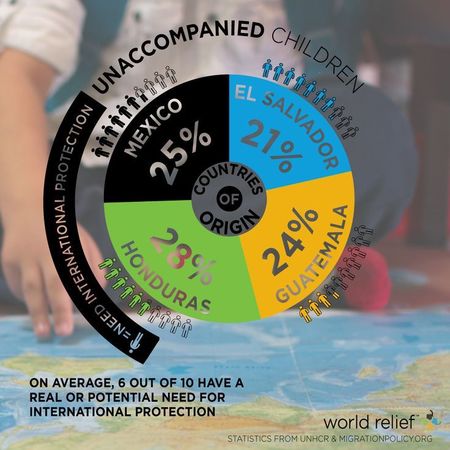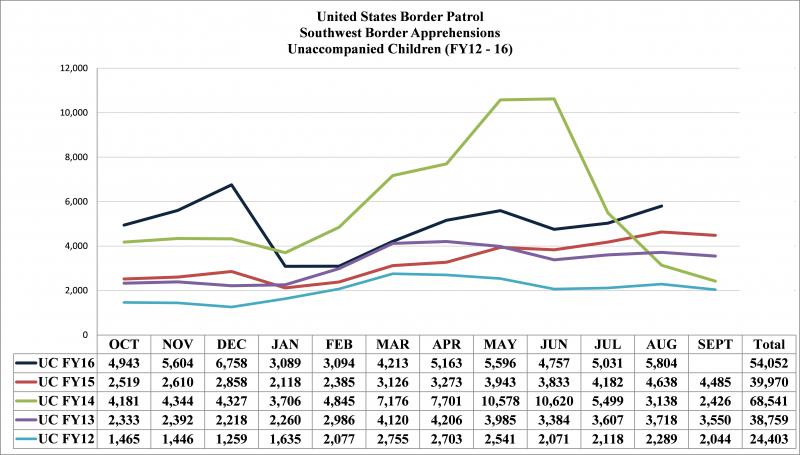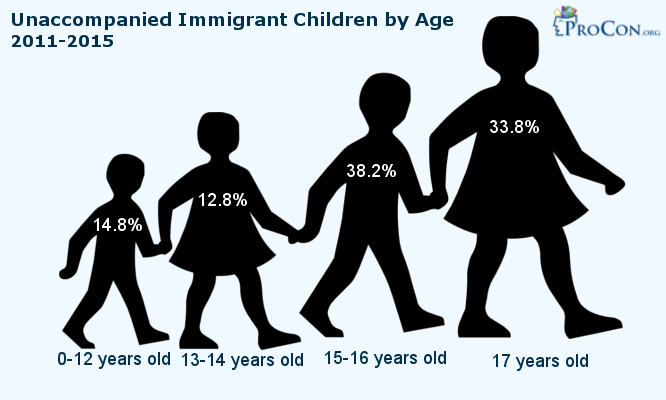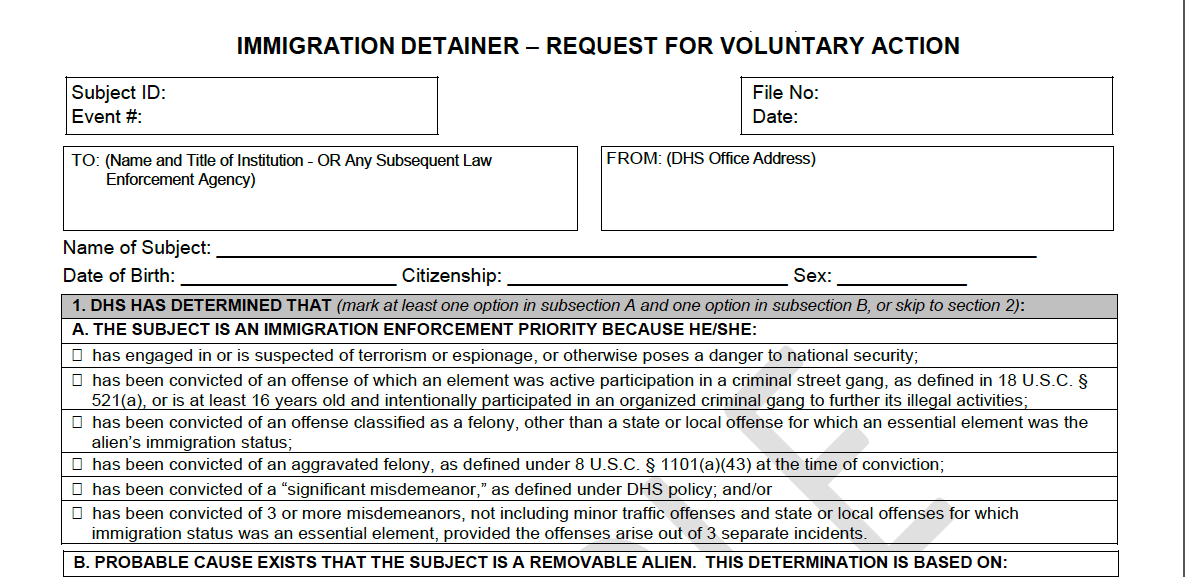On June 14, 2019, USCIS announced the implementation of the “Presidential Memorandum on Enforcing the Legal Responsibilities of Sponsors of Aliens,” issued May 23, 2019.
Now, USCIS officers are required to remind applicants and their petitioners at the adjustment of status (aka green card) interviews of their sponsors’ responsibilities:
- Officers must remind applicants and sponsors that the Affidavit of Support is a legal and enforceable contract between the sponsor and the federal government, and that the sponsor must be willing and able to financially support the intending immigrant.
- If the sponsored immigrant receives any federal means-tested public benefits, the sponsor “will be expected to reimburse the benefits-granting agency for every dollar of benefits received by the immigrant,” USCIS said.
DHS has revised the definition of “public charge” to incorporate consideration of more kinds of public benefits received, which the Department believes will better ensure that applicants subject to the public charge inadmissibility ground are self-sufficient. The rule defines the term “public charge” to mean an individual who receives one or more designated public benefits for more than 12 months, in the aggregate, within any 36-month period (such that, for instance, receipt of two benefits in one month counts as two months). The rule further defines the term “public benefit” to include any cash benefits for income maintenance, Supplemental Security Income (SSI), Temporary Assistance to Needy Families (TANF), Supplemental Nutritional Assistance Program (SNAP), most forms of Medicaid, and certain housing programs.
The regulation also excludes from the public benefits definition: public benefits received by individuals who are serving in active duty or in the Ready Reserve component of the U.S. armed forces, and their spouses and children; public benefits received by certain international adoptees and children acquiring U.S. citizenship; Medicaid for aliens under 21 and pregnant women; Medicaid for school-based services (including services provided under the Individuals with Disabilities Education Act); and Medicaid benefits for emergency medical services.
This rule also makes certain nonimmigrant aliens in the United States who have received designated public benefits above the designated threshold ineligible for change of status and extension of stay if they received the benefits after obtaining the nonimmigrant status they seek to extend or from which they seek to change.
Importantly, this regulation does not apply to humanitarian-based immigration programs for refugees, asylees, Special Immigrant Juveniles (SIJs), certain trafficking victims (T nonimmigrants), victims of qualifying criminal activity (U nonimmigrants), or victims of domestic violence (VAWA self-petitioners), among others.
This rule also explains how USCIS will exercise its discretionary authority, in limited circumstances, to offer an alien inadmissible only on the public charge ground the opportunity to post a public charge bond. The final rule sets the minimum bond amount at $8,100; the actual bond amount will be dependent on the individual’s circumstances.
This final rule supersedes the 1999 Interim Field Guidance on Deportability and Inadmissibility on Public Charge Grounds and goes into effect at 12:00 a.m. Eastern on Oct. 15, 2019, 60 days from the date of publication in the Federal Register. USCIS will apply the public charge inadmissibility final rule only to applications and petitions postmarked (or, if applicable, submitted electronically) on or after the effective date. Applications and petitions already pending with USCIS on the effective date of the rule (postmarked and accepted by USCIS) will be adjudicated based on the 1999 Interim Guidance.








 RSS Feed
RSS Feed